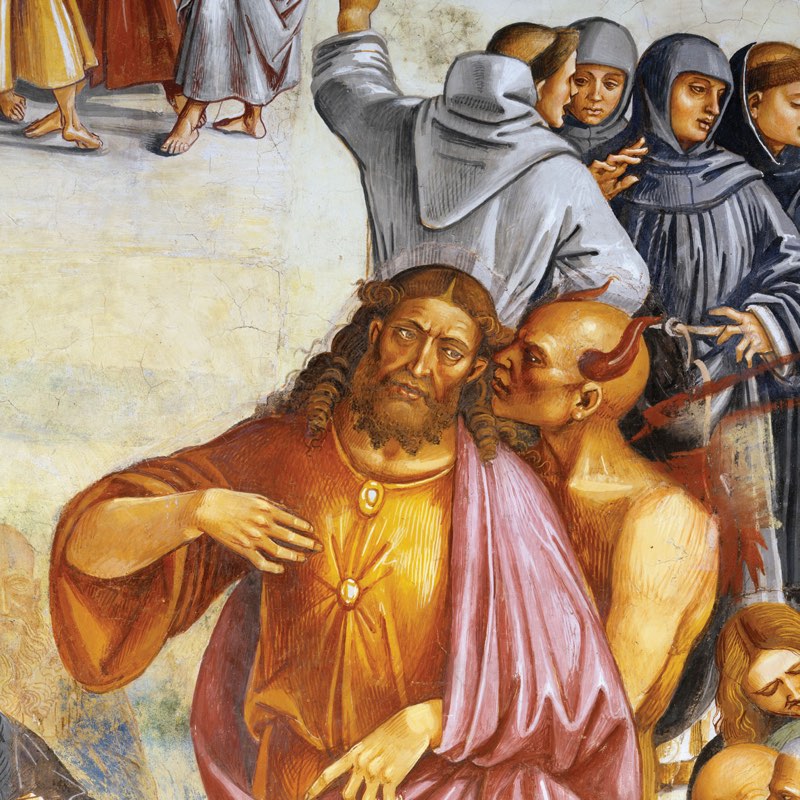Antichrist (Al-Masih Ad-Dajjal) in the Quran
The Quran Surah 38, verses 34 to 35, reads:
“And We certainly tried Solomon and placed on his throne a body; then he returned.”
Solomon said, "My Lord, forgive me and grant me a kingdom such as will not belong to anyone after me. Indeed, You are the Bestower."
Some believe Surah 38, verses 34 to 35, in the Quran mean that God will never restore the glorious kingdom of Israel, that is, the Messianic kingdom, to the Jewish people because of Solomon's prayer. The body that Solomon saw on the throne was none other than Anti-Christ. How is this argument explained?
The interpretation you mentioned is not universally accepted among scholars and theologians, as interpretations of religious texts can vary. However, I can provide an overview of a possible explanation for this argument, based on some interpretations of the mentioned verses.
Surah 38, verses 34 to 35, in the Quran tell the story of Solomon's prayer to God. In this prayer, Solomon expresses his desire for a kingdom that no one after him would possess. Some interpret this to imply that the Messianic kingdom, which is expected by many Jews to be a future era of peace and righteousness under a descendant of King David, will not be restored to the Jewish people.
This interpretation is supported by the belief that the body that Solomon saw on the throne was that of the Anti-Christ. According to this perspective, the Anti-Christ is seen as a figure who will deceive people and claim false dominion, attempting to establish a counterfeit version of the Messianic kingdom.
From this viewpoint, Solomon's prayer is understood as a request to God to prevent any future kingdom from having the same level of power and influence that Solomon enjoyed. It is believed that God responded to Solomon by denying the restoration of a glorious kingdom like his, in order to prevent any misleading claimants or false prophets from emerging.
It is essential to note that interpretations of religious texts can vary, and there are differing understandings among religious scholars and individuals. As a result, this explanation may not be the only interpretation, and some may interpret these verses differently.


